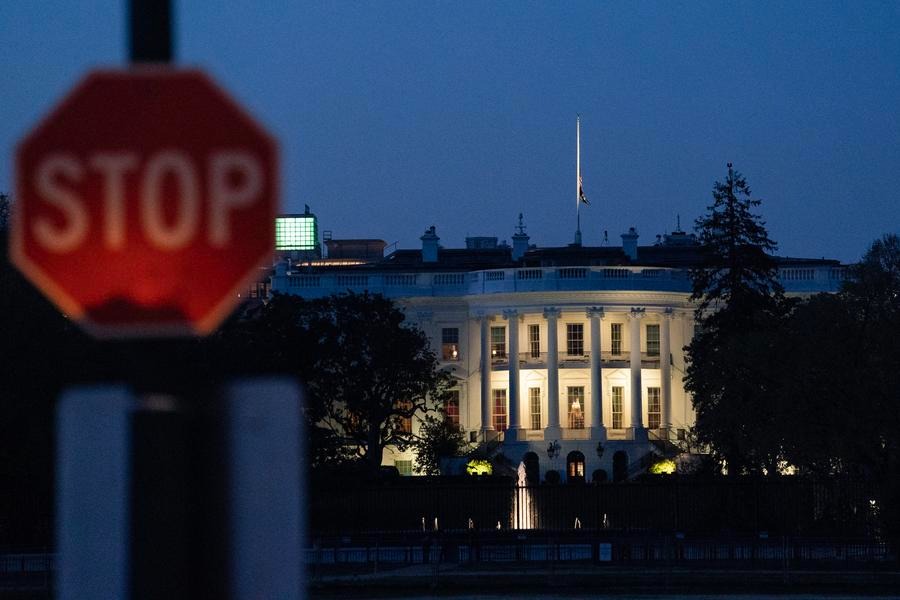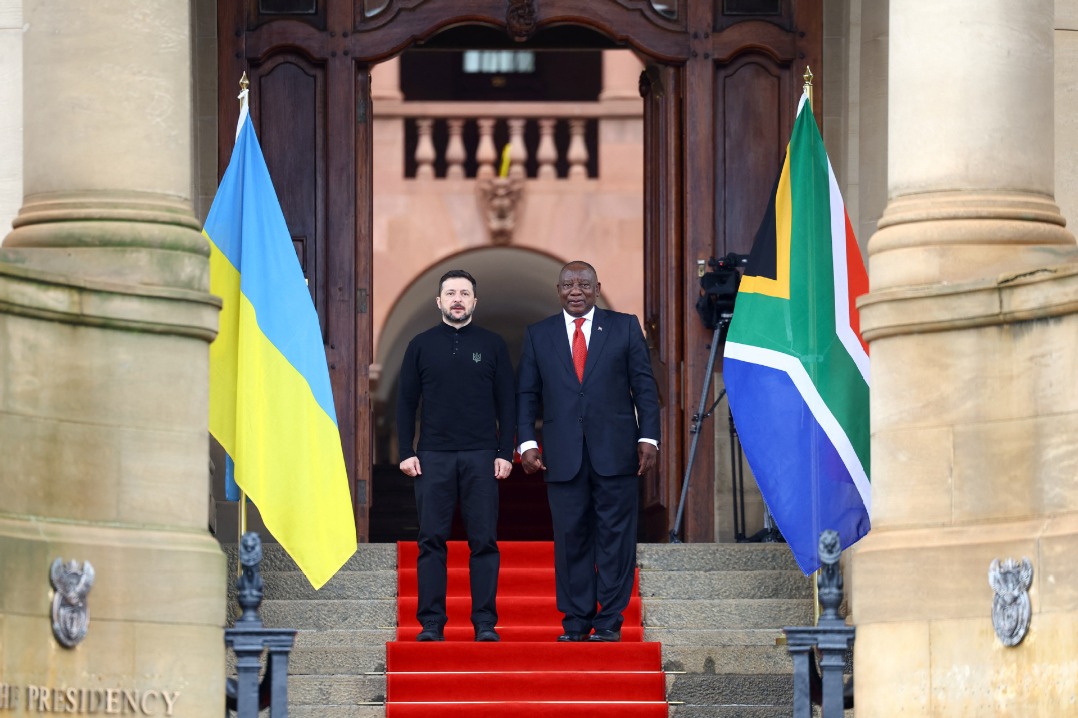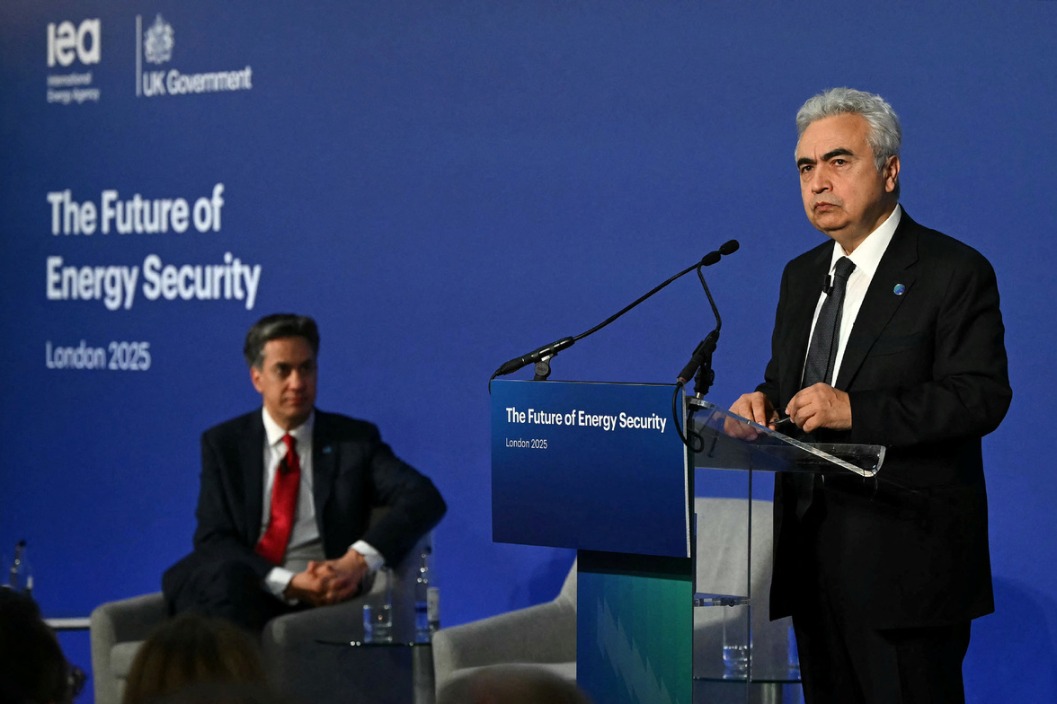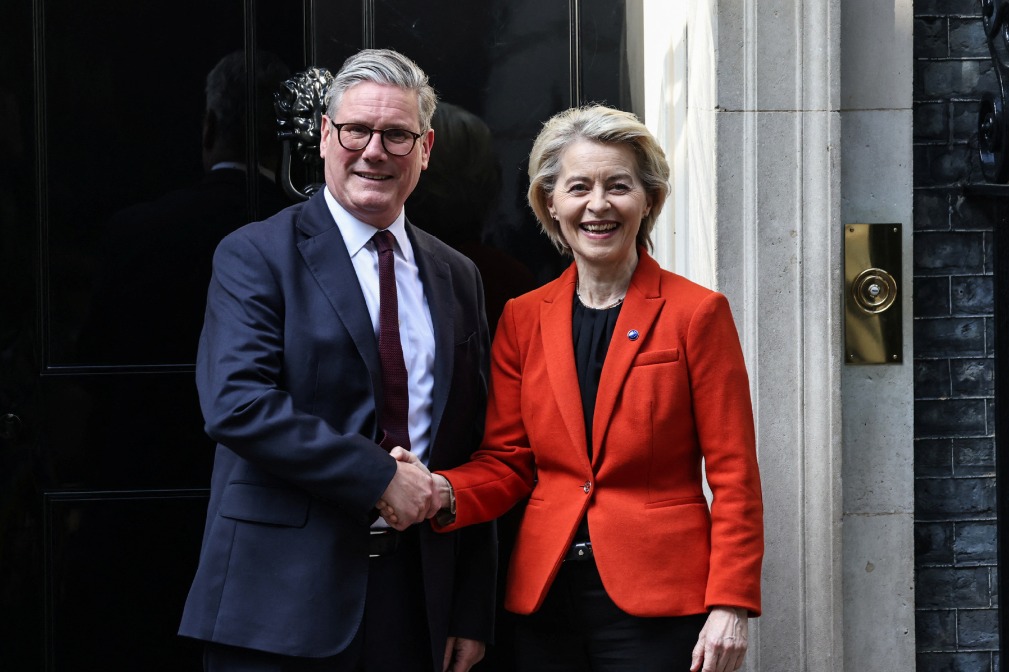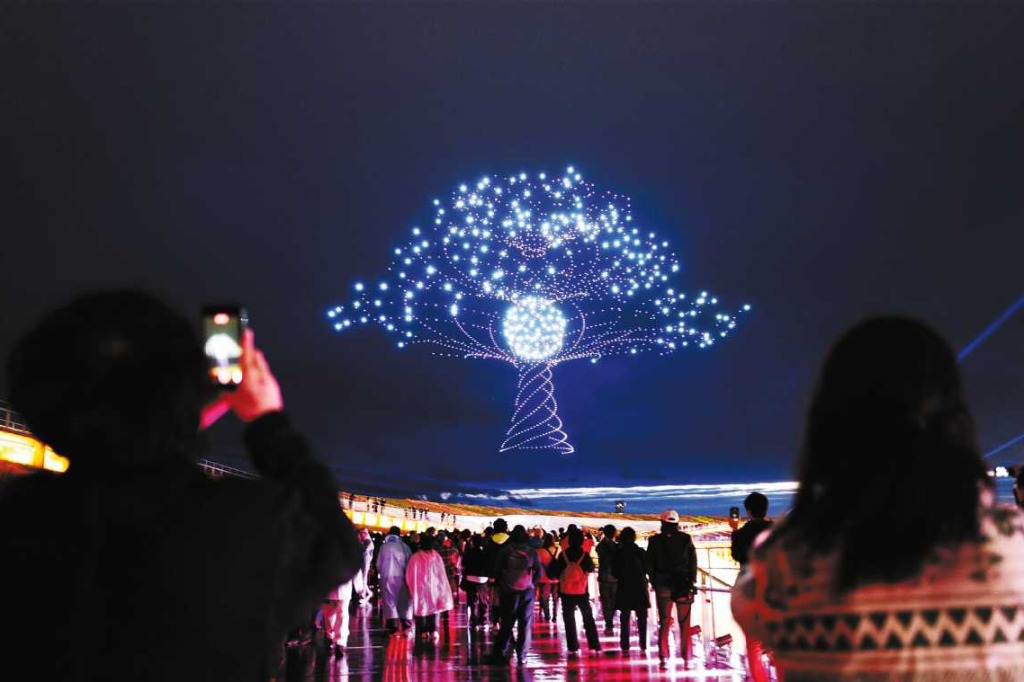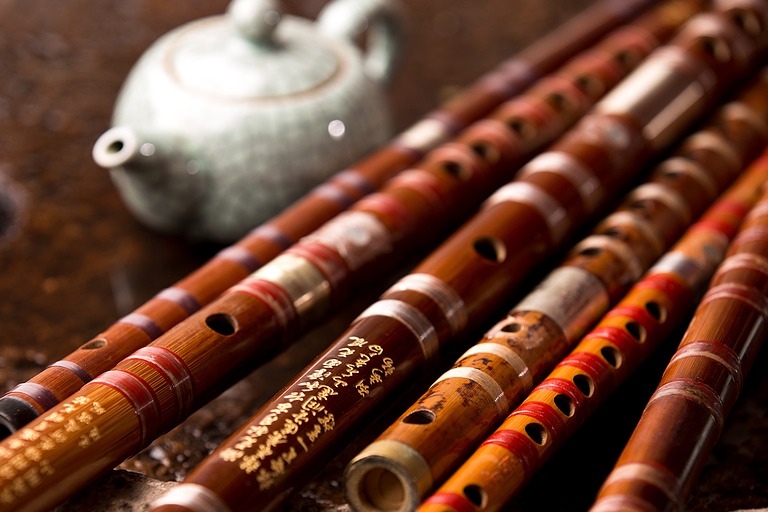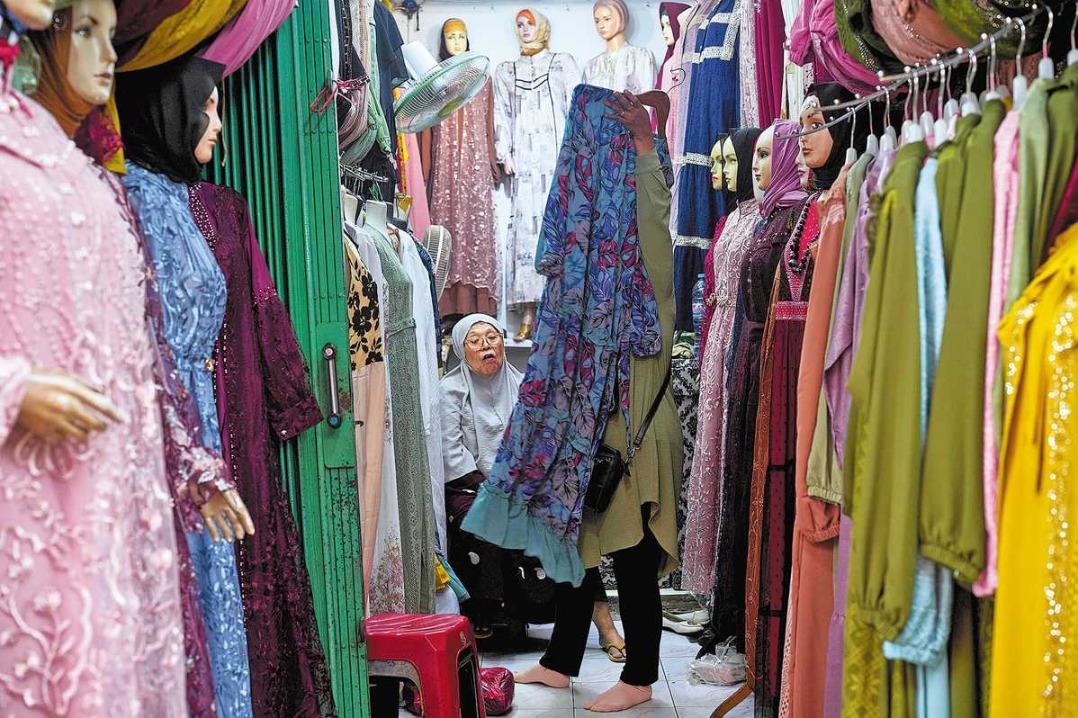US scientists criticize 'lab leak' theory
White House's novel coronavirus claims defy science, stoke divisions, say experts

Scientists in the United States have voiced strong criticism and deep concerns over the White House's new claims about the "lab leak theory" of the novel coronavirus, saying that scientific evidence contradicts these assertions while warning that such claims undermine trust in science and public health institutions.
The White House website recently published an article on tracing COVID-19 origins, which promotes the unsubstantiated theory that the novel coronavirus originated from a leak at a Chinese laboratory.
The site also alleges that US public health officials, including Anthony Fauci, former director of the National Institute of Allergy and Infectious Diseases, suppressed the "lab leak theory" and misled the public.
Numerous scientists and public health experts have firmly rejected the White House's assertions. Most experts continue to consider the natural origin theory more plausible, pointing to substantial evidence from early case clusters and viral genomics that suggest animal-to-human transmission.
Scientists emphasize that claims presented on the White House website are misleading or factually inaccurate.
"Every one of the five pieces of evidence supporting the lab leak hypothesis … is factually incorrect, embellished or presented in a misleading way," Angela Rasmussen, a virologist at the University of Saskatchewan in Canada, told US broadcaster NPR.
She further described the website as "pure propaganda", aimed at justifying the "systematic devastation of the federal government, particularly programs devoted to public health and biomedical research".
Scientists stress that the "lab leak theory" has not gained new scientific support, and the website merely recycles previously disputed claims. The assertion that the virus contains a "biological characteristic not found in nature" is particularly challenged as similar features exist in other viruses, and the novel coronavirus' genetic composition closely resembles known bat coronaviruses.
Michael Worobey, an evolutionary biologist at the University of Arizona, said the evidence aligns more closely with "the less flashy hypothesis" supporting virus spillover from animals to humans.
The existing scientific evidence does not support "any of the many, often contradictory, lab leak scenarios that have been proposed", he was quoted by NPR as saying.
Many scientists have expressed concern that the White House article appears politically motivated rather than representing an objective, evidence-based presentation. The claims contradict established scientific evidence, they say, and replacing public health resources with politically charged narratives undermines public trust.
The "lab leak theory" was initially promoted by the US administration and other Republican officials. It gained traction through right-leaning media outlets and politicians.
The politicization of novel coronavirus origin tracing has resulted in personal attacks on scientists, with some accused of covering up the virus' origins. This atmosphere has inhibited open discussion and fostered a climate of mistrust and hostility.
Fauci, frequently targeted in the White House article, has consistently denied these accusations. In a congressional testimony last year, Fauci called allegations that he bribed scientists or concealed evidence "absolutely false, and simply preposterous".
The "lab leak theory" has also significantly contributed to xenophobia and hate crimes, particularly against people of Asian descent. The proliferation of the theory correlated with a documented rise in hate crimes and discrimination against Asian Americans.
According to the nonprofit Stop AAPI Hate, more than 12,000 reports of anti-Asian hate incidents related to the pandemic were documented from March 2020 through the end of 2023, though this likely represents an undercount. The organization said that terms such as "China virus" and "Kung flu" used by high-profile officials contributed to a climate of racial resentment.
Misinformed views
A 2022 study by two researchers at DePauw University and Boston University shows that racial resentment plays a strong role in leading people to confidently hold misinformed views about the origins of the novel coronavirus.
The White House website's removal of practical COVID-19 resources, including testing and vaccine information, in favor of promoting the "lab leak theory "has also been criticized as detrimental to public health.
More than 40 scientists warn of "dangerous" consequences in their study, "The harms of promoting the lab leak hypothesis for SARS-CoV-2 origins without evidence", published in August in the Journal of Virology.
"The lab leak narrative fuels mistrust in science and public health infrastructures," the authors wrote. "These unfounded assertions are dangerous. … The inevitable outcome is an undermining of the broader missions of science and public health and the misdirecting of resources and effort. The consequence is to leave the world more vulnerable to future pandemics, as well as current infectious disease threats."
shiguang@chinadailyusa.com

















